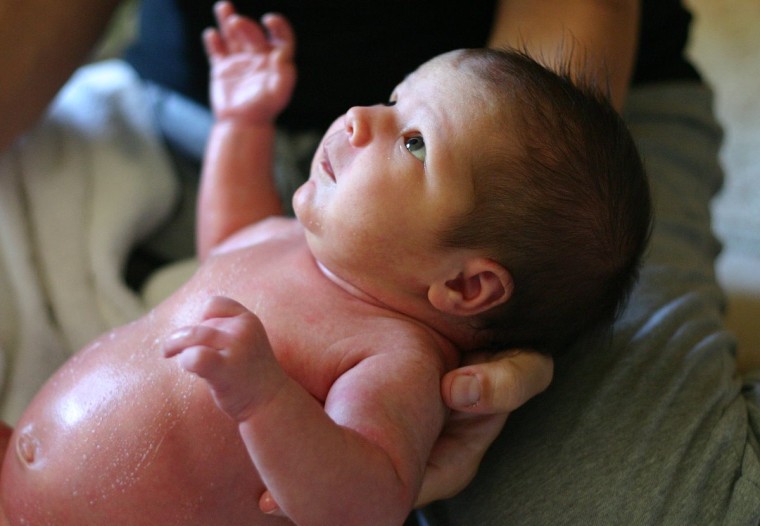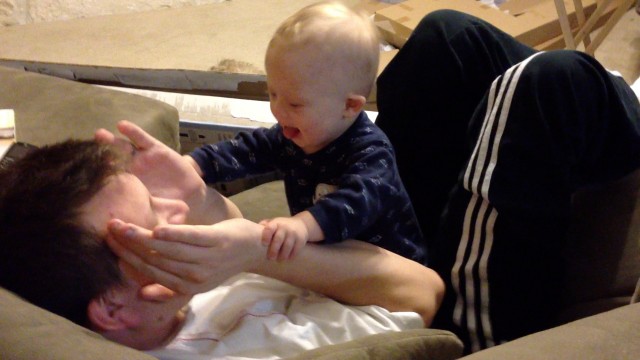Connection is essential to raise healthy, capable, successful children. But don't take my word for it. There is lots of fascinating science on the subject that makes surprisingly good reading.

Dr. Daniel Siegel of the UCLA School of Medicine, said in a 2001 article, “the infant is born into the world genetically programmed to connect with caregivers.”
According to Siegel's research, children who experience a strong attachment early in life do better as they grow up.
Longitudinal studies have found that
securely attached children appear to have a number of
positive outcomes in their development. These include
enhanced emotional flexibility, social functioning and cognitive abilities.
Lawrence J. Cohen, Ph.D. and author of Playful Parenting, uses the simple metaphor of a cup. A child who feels empty inside because of having a frustrating day, goes to someone close to her to fill up.
Dorothy Corkille Briggs, in Your Child's Self-Esteem, explains that,
“…every child needs periodic genuine encounters with his parents.
A genuine encounter is simply focused attention.
It is attention with a special intensity born of direct,
personal involvement.
Vital contact means being intimately open to
the particular, unique qualities of your child.”
And it's not just an emotional need. Connecting with adults who love them is an essential factor in the physical development of children's brains. The growth of the brain is dependent on experiencing a relationship with a caring adult.
“Relationships that are ‘connecting' and allow for collaboration appear to offer children a wealth of interpersonal closeness that supports the development of many domains, including social, emotional, and cognitive functioning.” (Siegel, 2001; p. 78)
Developing a close connection with a child doesn't just encourage the child to develop skills but actually programs the brain to use what it learns well. Siegel, in further research, tells us, “Experience shapes brain structure. How we treat our children changes who they are and how they develop. Their brains need parental involvement. Nature needs nurture.” (Siegel, 2004; p. 34)
 No pressure, folks, but that game of peek-a-boo you just played built new neural connections in your baby's brain. The deep breath you took instead of yelling at the teenager who's pushing all your buttons just allowed them a moment to practice regulating their own emotional states. What you do to promote connection, even the very small things, matters.
No pressure, folks, but that game of peek-a-boo you just played built new neural connections in your baby's brain. The deep breath you took instead of yelling at the teenager who's pushing all your buttons just allowed them a moment to practice regulating their own emotional states. What you do to promote connection, even the very small things, matters.
The Education Training Research Associates, (ETR) with funding from the Annie E. Casey Foundation, conducted a literature review on the effects of parents developing a secure connection with their children early in life. Their resulting paper provides an excellent guide for understanding the true impact a strong parent child connection can have on children.
ETR's review of over 600 research studies concludes that Parent Child Connectedness (PCC) is the “super-protective factor” against adverse outcomes in adolescence. PCC is the single strongest indicator that an adolescent will reach adulthood without experiencing teen pregnancy or violence, without becoming addicted to drugs or tobacco, and without dropping out of high school.
Here at Hand in Hand, we know that a strong and secure connection between you and the children you love is essential for all of you to flourish. And being parents ourselves, we know it isn't always easy. That's why we're here to help.
